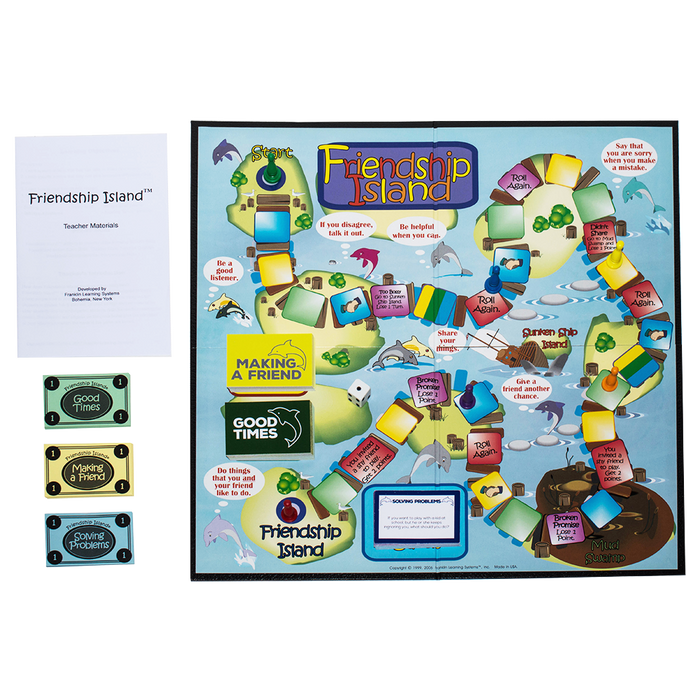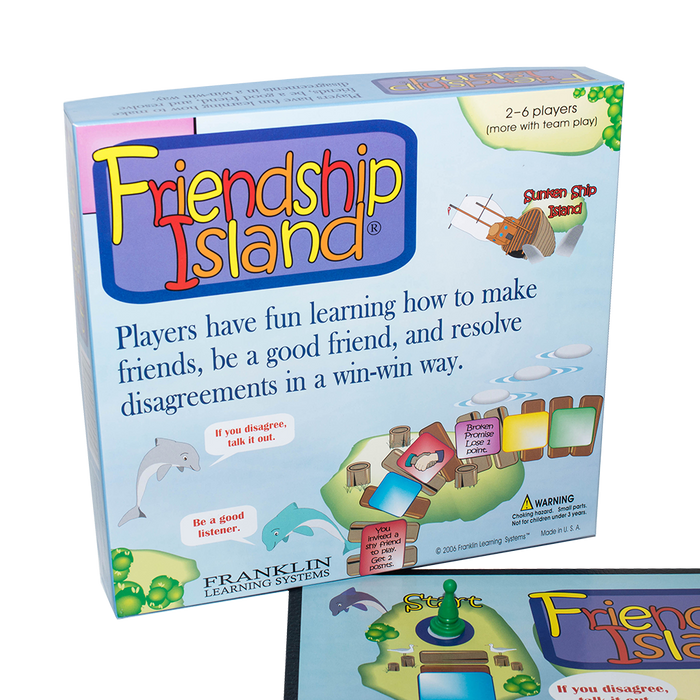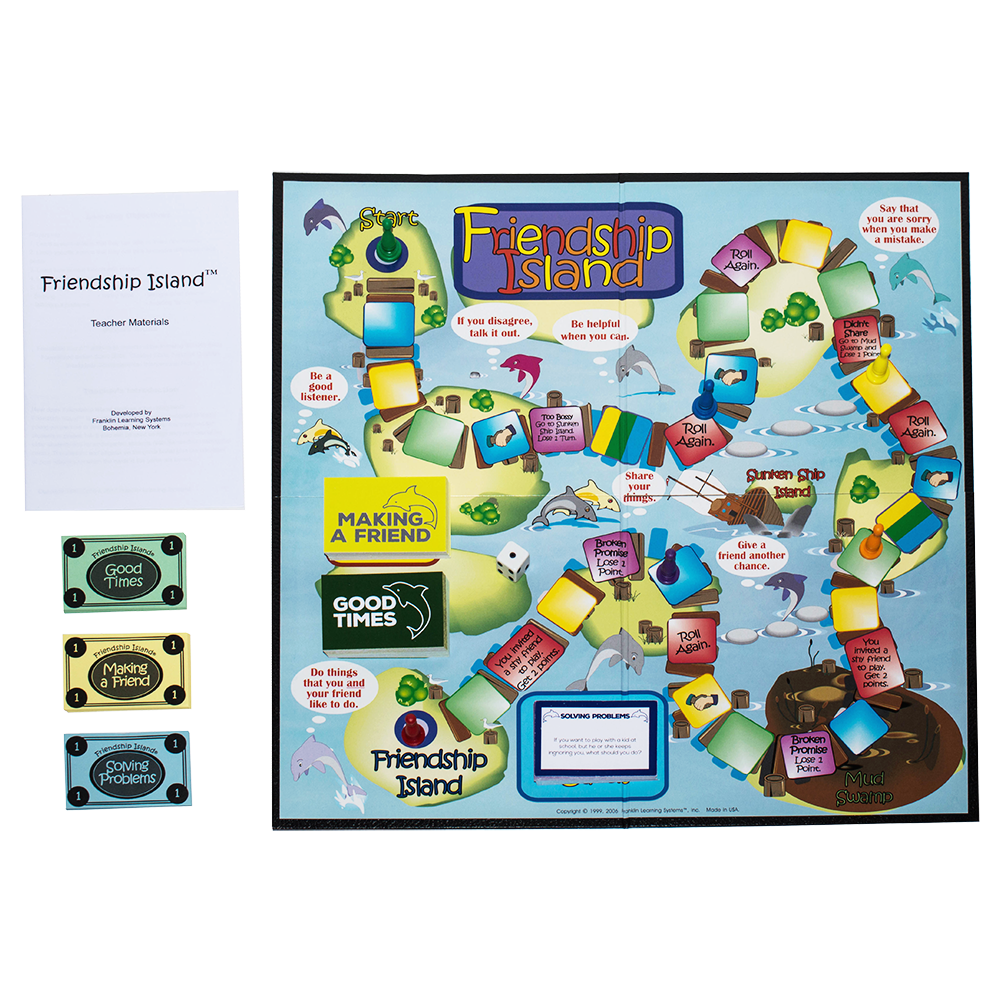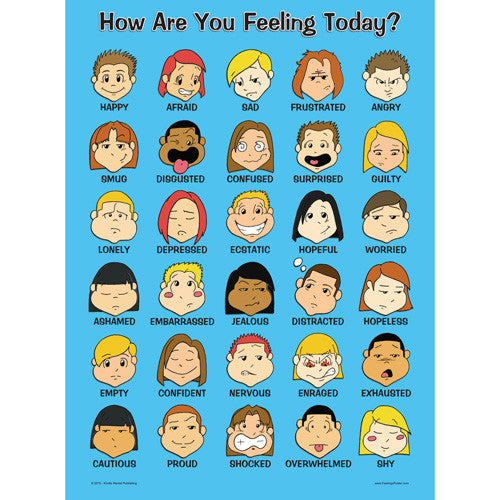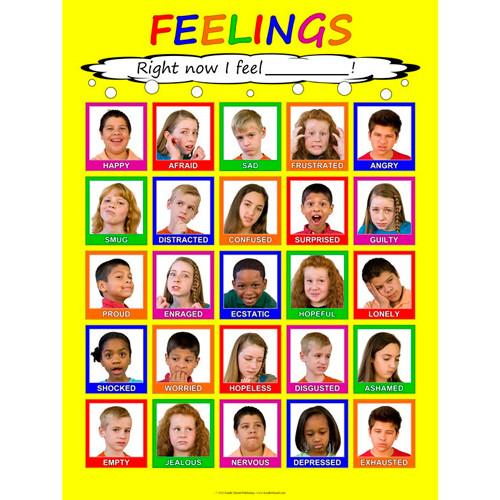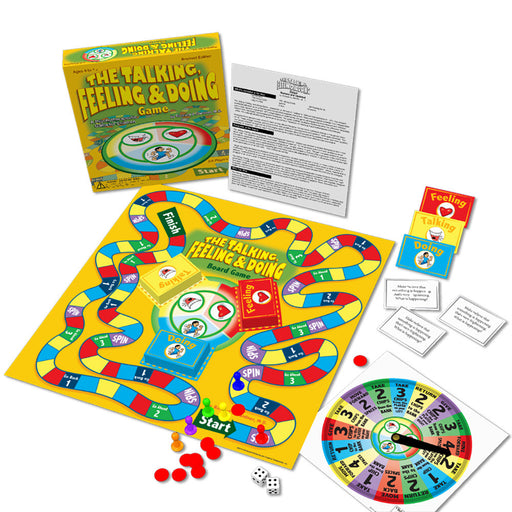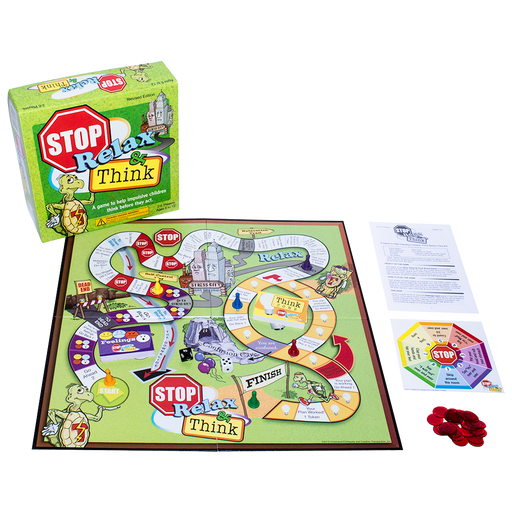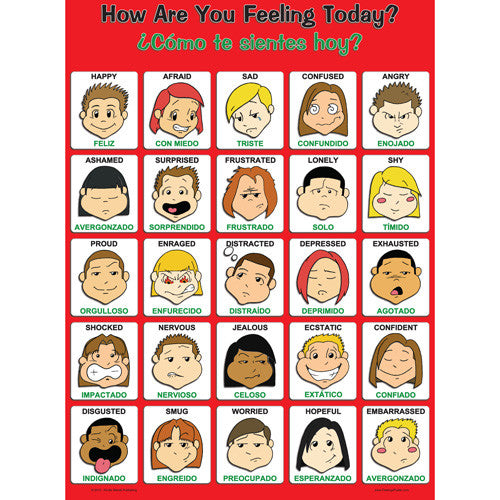Friendship Island
Friendship Island®
Social skills needed for positive peer relations are some of the most important skills to be learned during elementary school years. Friendship Island® is an educational game specifically designed to teach these skills to students. The game focuses on the three vital areas of friendship:
Making Friends
Being a Good Friend
Resolving disagreements in a win-win way
The play of the game has been designed so that the players cooperate and help each other as well as answer questions about friendship to win points for themselves. The game also helps shy and socially delayed students explore friendship issues that they would be hesitant to verbalize without the special supportive environment of the game.
Educational games must be challenging and fun as well as a learning experience. In order to achieve all of these goals, the Friendship Island® box contains two different games. One game is designed for grades 1 and 2, and the second game is designed for grades 3 and 4. Both games use the same board, but the rules and cards for each game are completely separate. The game for older students involves more strategy, harder questions, more advanced vocabulary, and more opportunities for negotiation.
The principles of friendship emphasized in both versions of the game include sharing, being a good listener, taking into account the needs of a friend, the importance of talking out problems, etc., will continue to be valid into adulthood.
A “Teachers Guide” with complete lesson plans for both versions of the game is included. Students practice reading skills (reading the cards) and math skills (handling the point certificates). Students are challenged to use critical thinking in answering questions and in forming their strategies for playing the game. During the post-game discussion students link their experience in the game with real life.
SCANS Skills Addressed:
Foundation Skills: Thinking Skills, Personal Qualities, Basic Skills, Workplace Competencies: Interpersonal Skills, Systems
Learning Objectives:
1. Learn specific actions that they can take to make new friends.
2. Learn specific actions that they can take to resolve differences with peers.
3. Learn how to treat friends with respect.
4. Learn the responsibilities of friendship.
5. Learn pro-social behaviors, such as:
- Sharing
- Taking turns
- Being a good listener
- Talking out problems
- Avoiding "bossy" behavior
- Taking the needs of others into consideration

